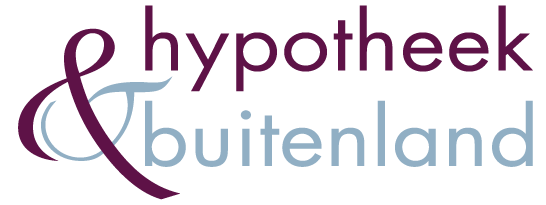Rental properties Belgium
Rental objects
Seasonal rental of a Belgian vacation home is quite common and mortgage lending Belgian banks are basically fine with it. Owning a vacation home is taxed for tax purposes in Belgium, as is renting it out. As a result of the Belgian – Dutch tax treaty, Belgium may levy taxes on the (notional) income from the vacation home (withholding tax and personal income tax) and the rental income (personal income tax).
A (vacation) home in Belgium is taxed through the so-called real estate withholding tax; this is a tax on the (notional) income from real estate based on the indexed Cadastral Income (Cadastral Income (KI) is the average normal net income (net rental value) that the property would yield during one year. It is a measure used in Belgium in the same way as the WOZ value in the Netherlands). You could compare the property tax to the owner-occupied home tax in the Netherlands. The amount of this tax varies from region to region. The current levy rates are as follows:
- 2.5% of the CI payable tax for homes located in the Flemish Region
- 1.25% of the CI tax payable for homes located in the Walloon Region and the Brussels Capital Region
The vacation home – as opposed to the main residence – is taxed in Belgium with personal income tax (the Belgian equivalent of Dutch income tax). The basis used is the indexed KI, increased by 40%, and not the actual rental income. It is levied at the progressive personal income tax rate. Note: Online vacation rental platforms such as Airbnb are required to inform the Belgian tax authorities of rental income. The operation of a B&B can be considered a business activity by the Belgian tax authorities, where the income will also be taxed as professional income (business income). It may also be the case that if you rent out several houses that the Belgian tax authorities consider these activities as business income.
If the vacation home is sold again within five years, you will pay personal income tax on the capital gain you make on the home. After a period of five years, this gain is exempt from tax.
Belgian banks have no problem with seasonal rental of a house purchased with a mortgage based on existing income. What is important is that the property is not too commercial in nature. So existing Bed & Breakfasts, hotels, or properties with multiple outbuildings to be rented out or lots of rooms (with separate bathrooms) may lead the bank to conclude that there are plans other than purely private use and occasional seasonal rentals. When banks suspect that prospective clients have plans to “change course” and start or take over a tourism business in Belgium, they conclude that the existing income will end and that the requested mortgage is in fact business financing.
The tax treaty between the Netherlands and Belgium provides that Belgium may levy taxes on assets in the form of real estate located in Belgium such as a vacation home. As a result, a Belgian house is taxed in Belgium and no longer in the Netherlands (box 3). Incidentally, the house must still be declared in the Dutch tax return, but the Netherlands will grant a double tax relief.
Renting out a Belgian home partially financed by a mortgage can be an interesting retirement supplement. When rental income covers the mortgage and other expenses then the house “comes to you” because after full mortgage repayment there remains a mortgage-free home that generates rental income.
There are several rental platforms for second homes. These platforms offer services of varying degrees. From rental mediation only (via a booking module) to complete outsourcing of rentals including local handling

